In Roberto Bolaño’s novel 2666, the efforts of an academic claque propel the mysterious German author Benno von Archimboldi onto bestseller lists across the Continent. But ‘in the British Isles, it must be said, Archimboldi remained a decidely marginal writer’.
Bolaño’s joke came to mind when I looked at the website of the French novelist Michel Déon, who has won awards and been translated ‘into German, Spanish, Portuguese, Italian, Greek, Turkish, Russian, Chinese, Lithuanian, Indian, Japanese, Polish, and once in English’, even though he’s lived in Ireland for more than 40 years.
At least it’s twice now, thanks to the excellent Julian Evans. The Foundling Boy — terrible title, lovely book — is a big-hearted coming-of-age shaggy-dog story that describes the interwar boyhood and youth of Jean Arnaud, raised backstairs on a Normandy estate after his abandonment one night in 1919.
There’s an infectious, near-magical sense that anything might happen in this novel. Of the crowd of memorable characters on display, the first to stand out is the head of the estate, Antoine, a Bugatti-racing cheat who diddles his Caribbean maid and absconds with a string of mistresses under the pretence of visiting his daughter in the Midi.
Déon’s unruffled tone implies that, with one world war over and another on the way, such antics are no big deal. It’s Antoine we admire, not his clean-living gardener Albert, Jean’s adoptive father, who scolds the boy when he’s suspected of carrying on with Antoine’s daughter, Antoinette. Although Jean feels remorseful at having apparently jeopardised Albert’s employment, Antoine doesn’t really care, and the message seems to be, why not have fun?
There’s a nod to Flaubert’s Sentimental Education and more than a shade of Alain-Fournier’s Le Grand Meaulnes as Jean grows up, mired in longing, uninterested in the political upheavals that Déon notes assiduously. A rivalry with Antoinette’s demonic snitch of a brother is forgotten after a windfall allows Jean to see the world. In London, his bicycle gets crushed by an avant-garde sculptor who wants it for art; in Italy, he meets a friendly young Nazi who chaffs him about Goethe’s superiority to Stendhal.
Later — his torso pumped in a bid to compete at the Olympics — he finds himself an unwitting gigolo, targeting rich men’s wives at the behest of a half-Serbian conman, disguising his fraud as an attempt to launch a new brand of toothpaste.
Déon’s narrator makes his presence felt, advertising withheld information, interrupting himself, dispensing advice. (Mention is made of ‘that immense power that women have to disarm us by their innocence even when they are guilty’.) He’s fond of resolving the fate of minor characters in little proleptic leaps, a technique that often looks smug, but Déon, now in his nineties, writes with such charm that you don’t mind if he lords it now and then.
His novel leaves you feeling better about life, not worse, which might be part of why it hasn’t previously been translated. Jean’s adventures continue in a 1977 sequel, due in English in October.
Got something to add? Join the discussion and comment below.
Get 10 issues for just $10
Subscribe to The Spectator Australia today for the next 10 magazine issues, plus full online access, for just $10.
Available from the Spectator Bookshop, £9.49. Tel: 08430 600033
You might disagree with half of it, but you’ll enjoy reading all of it. Try your first month for free, then just $2 a week for the remainder of your first year.

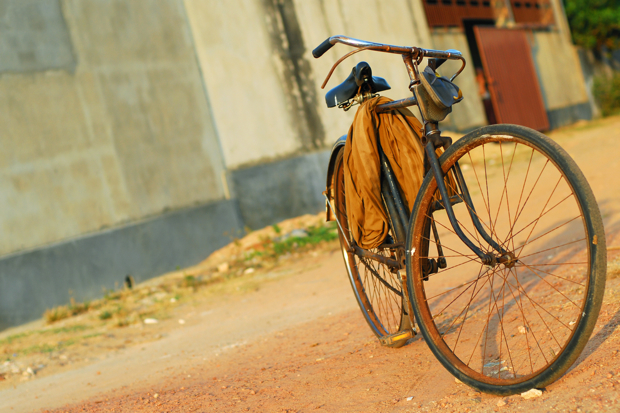
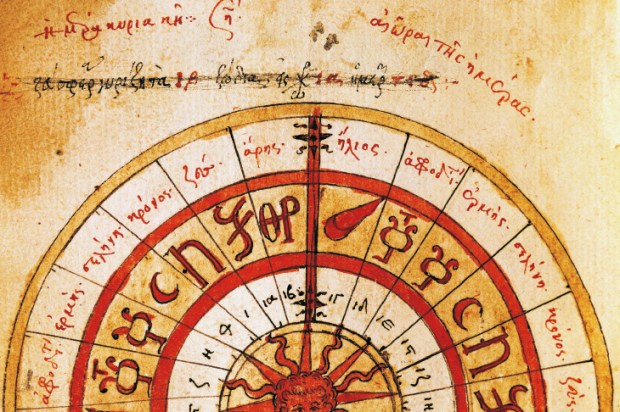
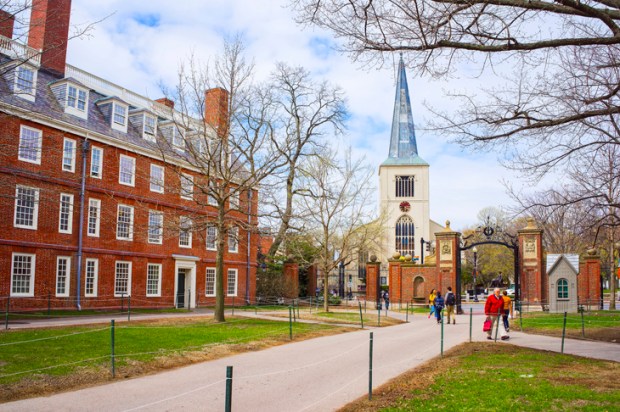
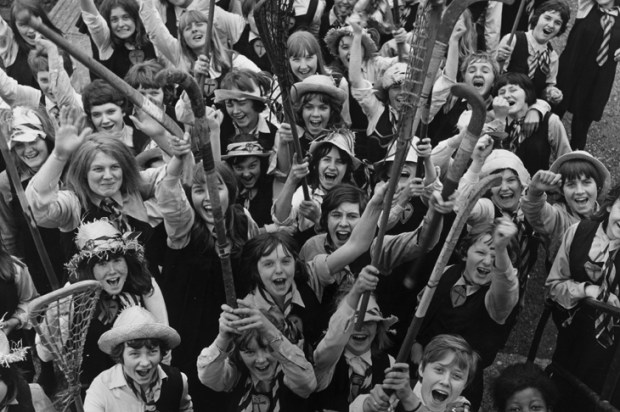
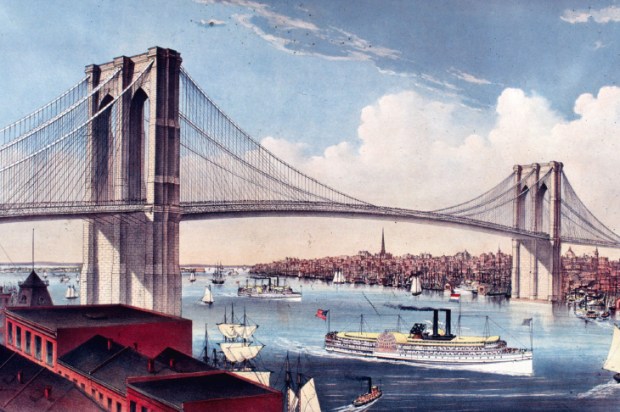
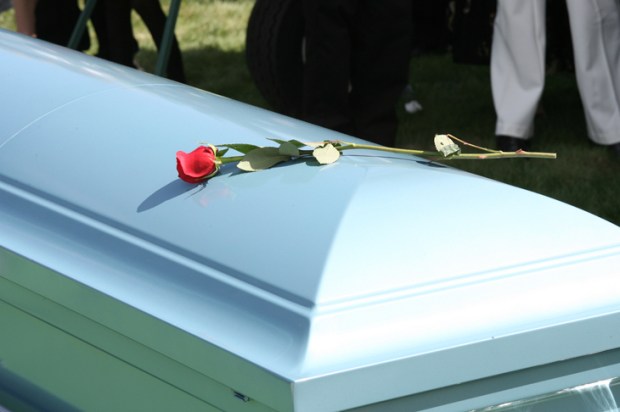
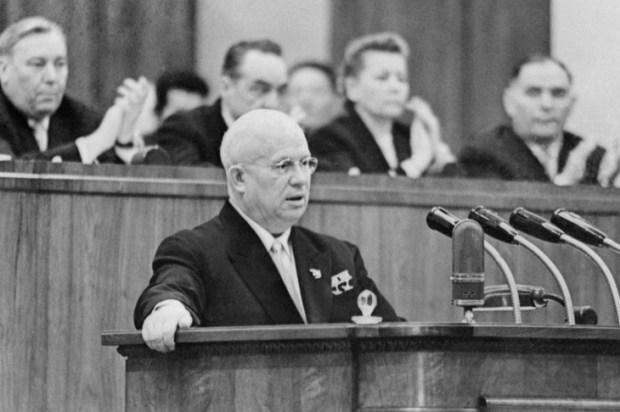






Comments
Don't miss out
Join the conversation with other Spectator Australia readers. Subscribe to leave a comment.
SUBSCRIBEAlready a subscriber? Log in